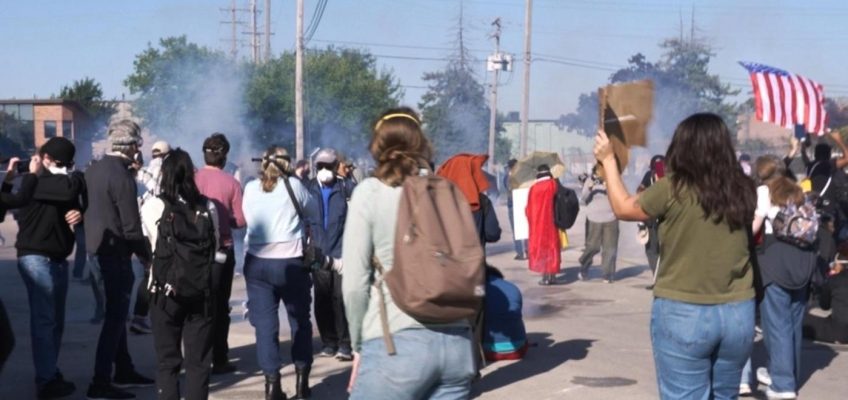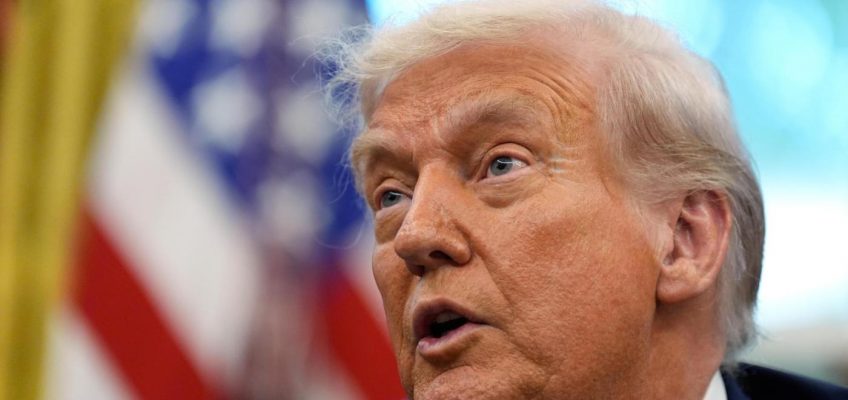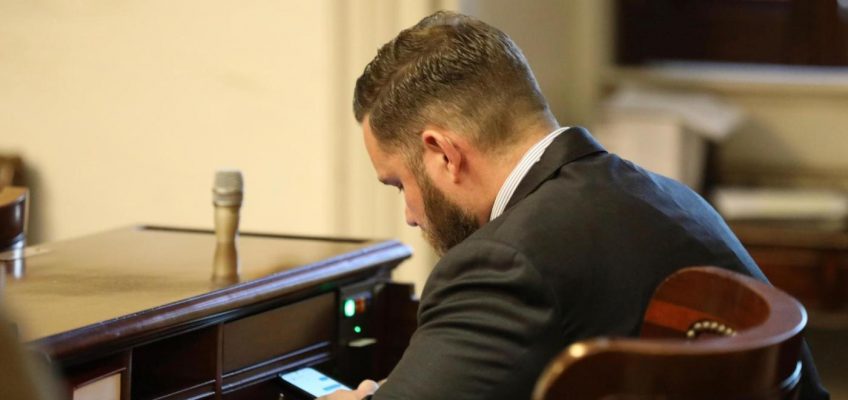By BERENICE BAUTISTA
MEXICO CITY (AP) — The long-held secrets of the Kahlo family, including those of legendary artist Frida, are about to be unlocked for the world with the opening of the Casa Kahlo Museum this weekend.
Colorado’s best mountain towns for live music fans
These historic San Francisco Bay area sites offer a reset for mind and body
Visit a national park for free on Saturday, Sept. 27
Rome’s airport opens luxurious dog hotel with pampering services
Unexpected diversions and soccer in Scandinavia
Although located very close to the iconic Casa Azul in Coyoacán’s historic center, the Casa Kahlo Museum is a different place with an intertwined history. This house belonged to Frida Kahlo’s parents, who bought it after giving her the Casa Azul — where she grew up and lived with Diego Rivera — as a wedding gift.
While the Kahlo House features elements familiar to Frida Kahlo fans — like a traditional kitchen and garden — its true value is the new perspective it provides on her life. It reveals intimate details about her close-knit family, including her photographer father, Guillermo, and her sister and caregiver, Cristina.
“You can find a more humane approach to her story, to her origins,” said museum director Adán García, adding that visitors will see that behind the great artist was a child who “struggled with polio and who was fond of her father and her mother.”
Frida herself lived in the house for a time, and it was inhabited by her relatives until just two years ago.
A portrait of Frida Kahlo by Mexican photographer Wallace Marly is displayed in the new museum Casa Kahlo, a house bought by Kahlo’s father after he gave the iconic Casa Azul to his daughter as a wedding gift, in Mexico City, Wednesday, Sept. 10, 2025. (AP Photo/Eduardo Verdugo)
The Associated Press took an exclusive tour of this new museum that includes the only murals painted by Kahlo on record.
The basement
As a child, Frida Kahlo loved to collect insects and use a microscope to see their wings. That microscope is in the basement of the Kahlo House, a very special place for the painter. It was there where, already married to Diego Rivera, she used to find a space for herself.
“When she fought with Diego, she would come here to the basement for refuge,” said Frida Kahlo’s great-niece, Mara Romeo Kahlo. “It was like her place of peace; this was her home.”
Asian dolls Frida Kahlo purchased during a trip to San Francisco are displayed in the basement inside the new museum Casa Kahlo in Mexico City, Wednesday, Sept. 10, 2025. (AP Photo/Eduardo Verdugo)
The basement also features a unique collection, including votive offerings painted by Frida and Asian dolls she purchased during a trip to San Francisco.
The kitchen
Romeo Kahlo remembers having breakfast in the kitchen surrounded by murals of flowers and fruit trees. The murals were created by Frida and inspired by the plants found in the house’s garden. The murals were painted over during a kitchen modernization, which paradoxically helped preserve them. After special treatment, they can now be seen in all their splendor.
The murals bear an inscription that reads “the inn of the sparrows,” a Spanish pun on the word gorrones — or uninvited guests — that sounds like gorriones (sparrows), who came to eat at the house.
“Anyone who came, whether invited or not, could always find a place at this table,” said García, the museum director.
The darkroom
Visitors can step into the photography studio of Frida’s father, where an interactive camera takes virtual black-and-white photos, demonstrating the process of developing on paper.
A view of the darkroom that belonged to Frida Kahlo’s father, Guillermo, who was the first official photographer for Mexican President Porfirio Díaz, inside the new museum Casa Kahlo in Mexico City, Wednesday, Sept. 10, 2025. (AP Photo/Eduardo Verdugo)
The museum also displays photographs of a young Guillermo Kahlo and tells the story of how he arrived in Mexico from his native Germany. It also details his first marriage, his two daughters, and how he met Frida’s mother, Matilde Calderón. A celebrated photographer, Kahlo was the first official photographer for Mexican President Porfirio Díaz.
The other half of Frida’s heart
In order for Frida to endure the many surgeries she went through in her adult life, she had someone by her side who took care of her: her younger sister Cristina.
“She used to talk about her like she was the other half of her heart,” García said.
Cristina Kahlo, a single mother herself, founded a charity to help hundreds of other women in the same situation as her.
Frida Kahlo’s great-niece Mara Romeo Kahlo speak during an interview inside the new museum Casa Kahlo where visitors will see dresses with intricate embroidery and pieces of pre-Hispanic jewelry that Frida famously wore in photographs, in Mexico City, Wednesday, Sept. 10, 2025. (AP Photo/Eduardo Verdugo)
Every Saturday, Romeo Kahlo remembers, “the gate was opened here and a basic food basket was given for more than 500 single women.”
The new museum also highlights Frida’s relationship with her mother, a figure who has been historically overshadowed by her father.
“The truth is that they had a close relationship,” Romeo Kahlo said, noting that her great-grandmother Matilde was actually the first to wear flowers in her hair — a look long associated with Frida.
The family decided to paint the house red and keep it that way over the years, because this color symbolizes “the heart of the Kahlo family,” she said.
Other notable objects
The museum provides a glimpse into the Kahlo family’s extensive correspondence, including letters from Frida marked with kisses of Mexican pink lipstick.
“These letters provided the guideline to write all these anecdotes that you’ll discover throughout the museum,” said curator Adriana Miranda.
Visitors will see dresses with intricate embroidery and pieces of pre-Hispanic jewelry that Frida famously wore in photographs.
The bathroom is intact and recalls Frida Kahlo’s 1938 painting “What the Water Gave Me,” featuring her feet in a bathtub.
A corridor displays a mirror that Frida had made for an exhibition in New York. In another room, “A Tray of Poppies” — one of Frida Kahlo’s first works — is on view.
A local architecture
David Rockwell, an architect and board member of the Kahlo Foundation, collaborated with the family to create the exhibition spaces. Some sections such as the curved steps in the courtyard were rebuilt to more closely resemble the house in its original state.
He said artists from all over Mexico were commissioned to create the different pots and pieces that make up the patio.
“The thing I love about this house is the warmth. The warmth of the material, the warmth of tile, the quality of the wood, the care that’s been taken into restoring it,” said Rockwell, noting the ceilings are a particular favorite material of the house. “All these ceilings are quite different, they all create different kinds of atmospheres and conditions.”
The museum is located at Aguayo 54, in the Carmen neighborhood of Coyoacán in Mexico City.




